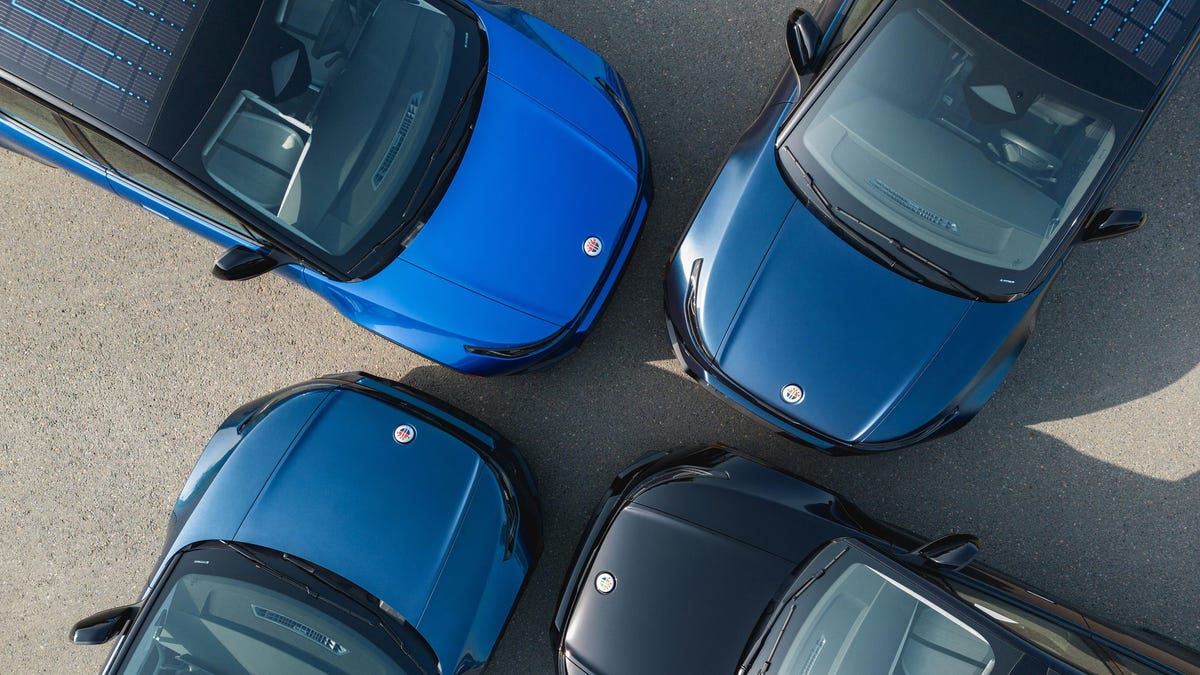Nascent automaker Fisker is in deep shit right now. Talks with a large automaker for a potential deal have apparently collapsed, and now trading of company shares on the stock market has been halted.
All this news comes amid growing concern that the startup – which didn’t name the automaker it was trying to cut a deal with – won’t be around for much longer, according to Reuters. Because those talks with another automaker are now dead, Fisker is reportedly looking at other strategic options like in- or out-of-court restructuring and capital market transactions. Earlier this month, Reuters reported that Fisker was in talks with Nissan about having the Japanese automaker invest in the startup
On Monday, Fisker said it was unable to meet a closing condition related to its attempt to raise up to $150 million by selling convertible notes after missing an interest payment. Here’s a little more from Reuters on where Fisker stands right now:
The $8.4 million payment for some notes due in 2026 was supposed to be paid on March 15, but the startup said it did not pay despite having enough liquidity as it wanted to use the 30-day grace period to talk to investors about its capital structure.
Raising funds has been hard for loss-making EV startups, which have little by way of revenue as they struggle to ramp up production and deliver to customers amid strong competition and a tough economy.
Separately, Fisker said it would ask investors to vote on a proposal for a reverse stock-split at a shareholder meeting on April 24, as it looks to comply with the New York Stock Exchange’s listing norms.
Fisker’s shares have lost more than 90% of their value this year, after the startup flagged going-concern risk in February and paused investments in future projects until it secured a partnership.
Earlier this year, Fisker decided to pivot to a dealer-parter model after it delivered less than half of the vehicles it built in 2023 because of logistical nightmares. Unlike other new automakers, Fisker has used automotive supplier Magna to supply its Ocean crossover, rather than build and operate a factory of its own.
This iteration of Fisker was founded back in 2016, and it went public through a merger with a blank-check firm for a $2.9 billion valuation, according to Reuters. After a slew of supply chain issues, production delays and fundraising snafus, Fisker’s market valuation cratered to less than $100 million.
If Fisker does end up going bankrupt, it’ll be the second time Henrick Fisker’s namesake automaker will have gone under. His first attempt, Fisker Automotive, was pretty much killed in the 2008 financial crisis, filing for bankruptcy in 2013 even though it got $192 million in loans from the Department of Energy. Henrick, baby, you don’t need to keep doing this to yourself. There are other things you can do with your money.

